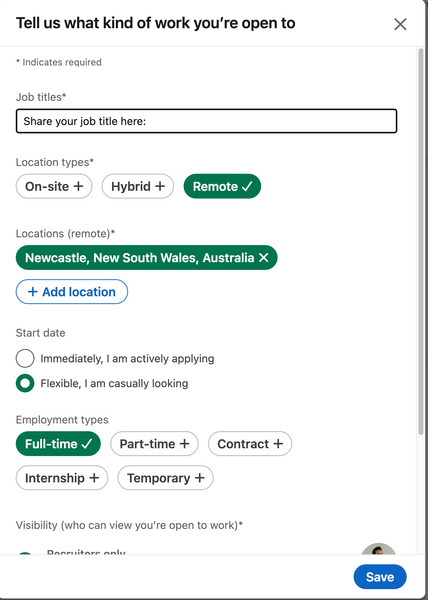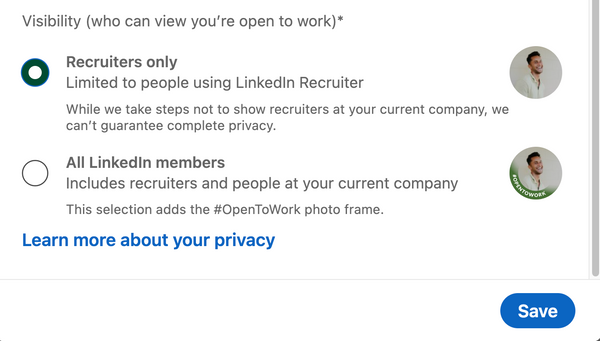👋 Hello, this is Eli. I write a blog post every Sunday, exploring topics related to recruitment and career growth, drawing insights from the front lines. If you enjoy this type of content, consider subscribing to my newsletter here. I appreciate your readership 🙏.
This week, I'll show you how to improve your LinkedIn profile in less than 10 minutes. If you find this post helpful, please share it with your friends and colleagues. Enjoy!
As the new year unfolds, a fresh wave of job seekers enters the market, each looking for their next big opportunity. Amidst this pool of candidates, ensuring your LinkedIn profile stands out to recruiters is crucial.
Approximately 50% of my candidates are found through LinkedIn Recruiter. If you're eager to increase your chances of getting noticed, read on. Focus on these 5 key areas:
1. Job Titles
Your job title acts as a beacon for recruiters. It's a primary search criterion during their hunt. Align your job titles with industry standards to enhance your discoverability. Not sure what those are? Research roles you're interested in on platforms like LinkedIn or Seek, and adjust your titles accordingly. This simple change can significantly boost your visibility.
Example:Swap your internal title, "Senior Integration Engineer L2," for a more universally recognized title like "Senior Backend Engineer" or "Senior Software Engineer."
2. Location
Your location is more important than you might think. Just moved to Brisbane from Melbourne? Update your profile now. This can instantly increase your visibility to recruiters in your new area, potentially unlocking opportunities even before you've settled in.
3. Keywords
Keywords are the essence of your LinkedIn profile, embodying your skills, specialties, and technological expertise. Weave these keywords throughout your profile, especially in the 'Most Recent Jobs' and 'Skills' sections, to ensure you're seen by potential employers for roles that align with your expertise.
Example profile summary:
Specializations: Platform Engineering | GCP | Kubernetes | Security | Cultivating Engineering Culture
As a Lead Software Engineer, my passion for platform engineering has led me to excel in building teams and fostering an exceptional engineering culture. My expertise encompasses a broad spectrum of multi-cloud environments, including Azure, AWS, and Kubernetes, all underpinned by a proactive security-first approach.
In my role as a DevSecOps Engineering Lead, I leverage my skills across various cloud services (AWS/GCP), Kubernetes, and a security-first, cloud-native strategy. I'm dedicated to advising senior executives in sectors like banking and healthcare on improving their security frameworks, with a focus on early security integration and widespread security awareness.
Example technical skills:
- Programming Languages: Expertise in automating tasks with Bash and Python.
- Daily Tools: Proficient in AWS, Kubernetes/Docker, CI/CD pipelines, Infrastructure as Code (IaC) with Terraform, automation, and monitoring.
Security Expertise:
- In-depth knowledge in Threat Modeling, Security Architecture, Risk Assessment, including Supply Chain Assessment.
- Strategic advisory on roadmap development, incident response, assurance reviews, and the implementation of security controls. The list goes on...
This approach not only showcases your technical skills and leadership abilities but also clarifies your value proposition to recruiters, enhancing your profile's visibility and impact.
4. Open to Work
Activating the 'Open to Work' feature is crucial, even without the green banner. It allows recruiters to easily find candidates who are actively seeking new opportunities, increasing your chances of being noticed.
For example:
List job titles that reflect your interest in both individual contributor and managerial roles, such as Principal Software Engineer, Engineering Manager, etc. Be clear about your location preferences and start date to provide recruiters with all the information they need.


5. Your Headline
Your headline is the first thing recruiters see in search results. Use job titles and keywords that reflect your expertise and align with your target roles.
For example:
"Software Engineer @Atlas | Backend, Kotlin, APIs | Impacting 4 million users daily."
"Data Engineer | Scala, Python, GCP | Processing 100m files per day for banks."
This strategy ensures your profile matches the specific criteria recruiters are looking for, significantly increasing your chances of a perfect fit.
Final Thoughts
These five areas are your starting points for ensuring recruiters find you for the right reasons. The more your profile aligns with what recruiters are searching for, the higher your chances of being discovered.
I hope you enjoyed this week's blog. See you next Sunday.
---
If you're looking for a professional review of your LinkedIn profile, consider my LinkedIn profile revision service. I can provide you with actionable tips to re-brand your profile within 24 hours.

